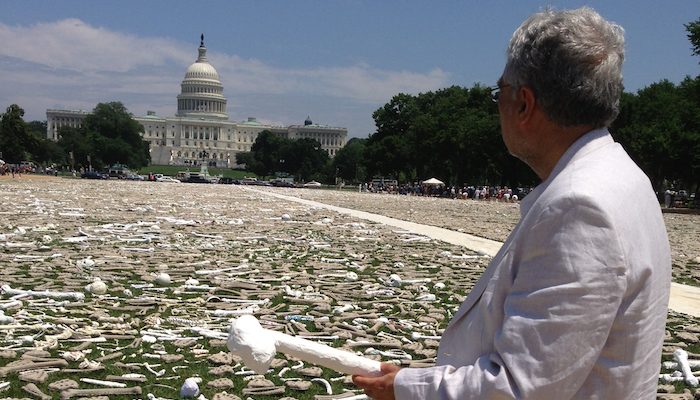
Welcome to the blog Flesh and Blood. My inspiration came from stumbling across the phrase “senseless act of kindness’’ which took me to its author Vasily Grossman and his magisterial novel: Life and Fate. This is a near-forgotten jewel of Russian literature. His translator Robert Chandler provides this introduction, quoting from Grossman himself:
“We would do well to remember every time we hear promises of a new world order: whenever we see the dawn of an eternal good… the blood of children and old people is always shed. Human history is not the battle of good struggling to overcome evil. It is a battle fought by a great evil struggling to crush a small kernel of kindness. Only individuals, it seems, can keep the kernel alive, and it can be spoken of only in a language that has not been appropriated by state authorities”.
Flesh and Blood will explore the senseless acts of both kindness and cruelty and ask: are they that “senseless”? We will do this by looking at the impact of the way the world works on the daily lives of ordinary people.
Our lens will be on the experiences and situations that you and I find ourselves in, as a consequence of geopolitical forces in interplay with the secular trends of globalisation. What shapes our personal destiny and is it too late to wrest back our own control of it?
The need to confront this question has never been so urgent, as aptly shown by Ebola. Why did an obscure virus first discovered some 38 years ago in the steamy depths of central Africa suddenly erupt into an epidemic that is generating not just legitimate public health concern but also a global hysteria? And the victims include a normal 9-year old boy from Sierra Leone banned from school in England by ‘ignorant’ parents fearful that their children could catch Ebola from him.
Meanwhile, another type of virus appears to have infected a British teenager who joined ISIS for jihad in Syria while his perplexed father laments: ”this is not the son I know”.
Our well being is shaped by several primary drivers that influence our life choices, life styles, and life chances. These are, for example, the big forces of demographic change, migration, urbanisation, and environmental shifts that have created huge adaptation challenges. But, at the same time innovations in technology and communications are also creating unparalleled opportunities. Underpinning these is the questionable fairness of the rules that govern the equitable sharing of global public goods. In turn this is a function of the political economy choices we make based on our own preferred values and choices. This also dictates the levels of peace and security we enjoy in our daily lives. Or not.
Specifically, our blog will include reflections on the policy and practice of humanitarianism, development, and human rights in an increasingly rebellious world. Our emphasis will be on marginalised and crisis-affected communities in both war and peace. Another key dimension will be commentaries on the state of organisation, performance, and accountability of international organisations – such as the United Nations, Red Cross Red Crescent, International Financial Institutions, official government donor agencies, and major NGOs – as they tackle the major challenges of human survival and welfare. Who are they working for?
From time to time we shall also comment on the policies of major donor countries such as EU and US or the emerging powers with increasing international cooperation programmes such as the Gulf countries, India, and China.
In summary, how are we faring in the struggle against poverty and suffering – as seen from the perspective of people at the receiving end of international largesse? What are the influences and trends, and are there new forms of organisation emerging that challenge current orthodoxy?
In the period ahead, there are some crucial global events that the blog could reflect upon. In 2015, we will see the closing of the current MDGs (Millennium Development Goals) and the adoption of a new “Post 2015 Development Framework” that will set development priorities for the world for the next 25 years. The Hyogo Framework for Action that has guided the last decade of international cooperation on disaster reduction also concludes, and will be replaced by a new framework to be adopted at a World Conference on Disaster Reduction in 2015. There are also critical meetings on climate change negotiations, in the same year. In addition, the first ever World Humanitarian Summit takes place in 2016.
There are, of course, many blogs on humanitarian and development subjects. But they tend to be overly-technical, narrowly prescriptive, and circulate largely within the international aid industry. I hope that “Flesh and Blood” will give them something different but also reach a wider audience of both the curious and the irreverent.
Further Reading on E-International Relations
- Humanitarian Interventionism Is Dead, Long Live Humanitarian Interventionism
- Performing the Posthuman: An Essay in Three Acts
- The Killers’ Kindness: Gang Humanitarianism in Latin America
- Developing Countries and UN Peacebuilding: Opportunities and Challenges
- Intergenerational Justice and the Paris Agreement
- When Military Coups d’état Become Acts of Social Justice